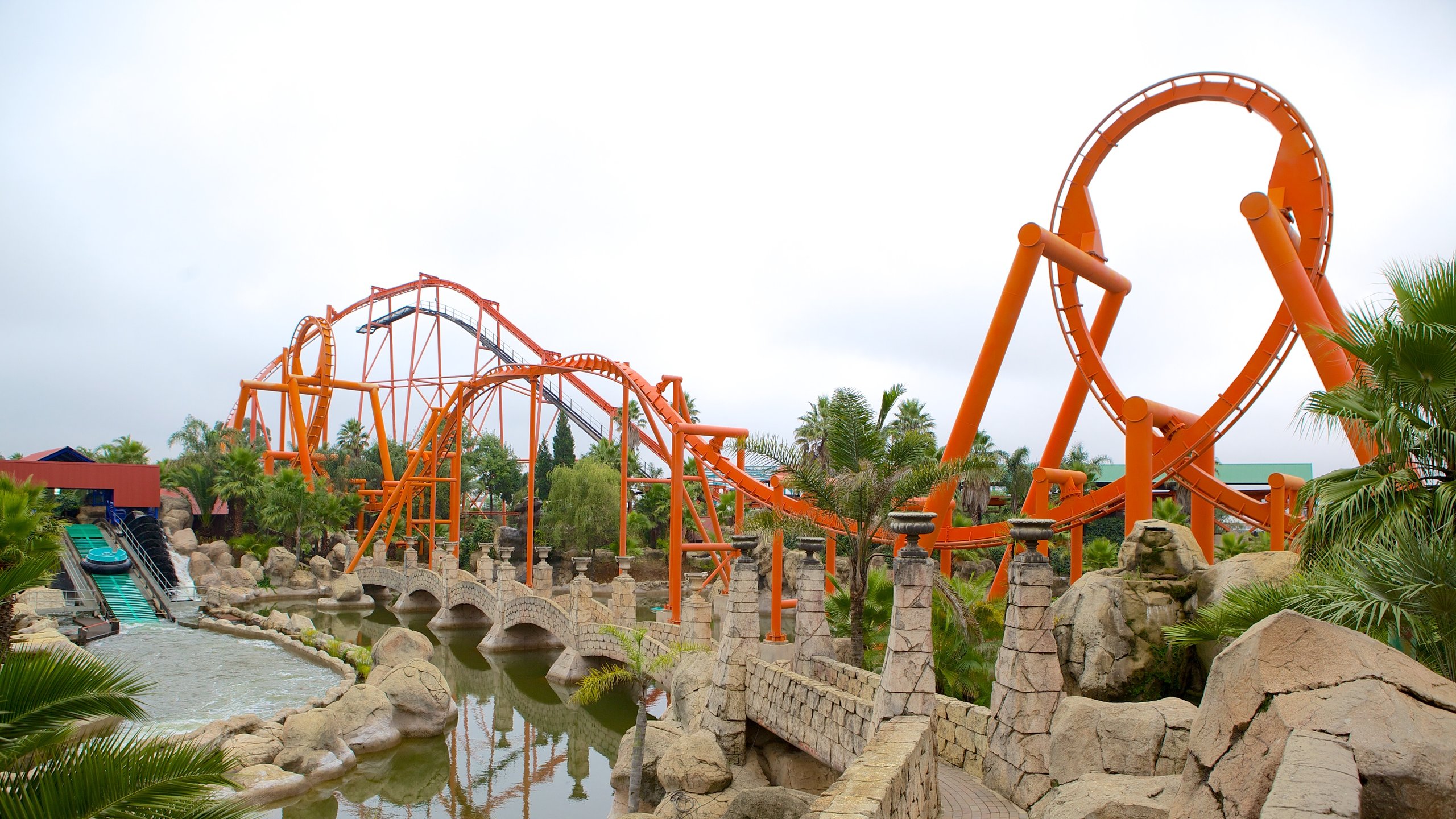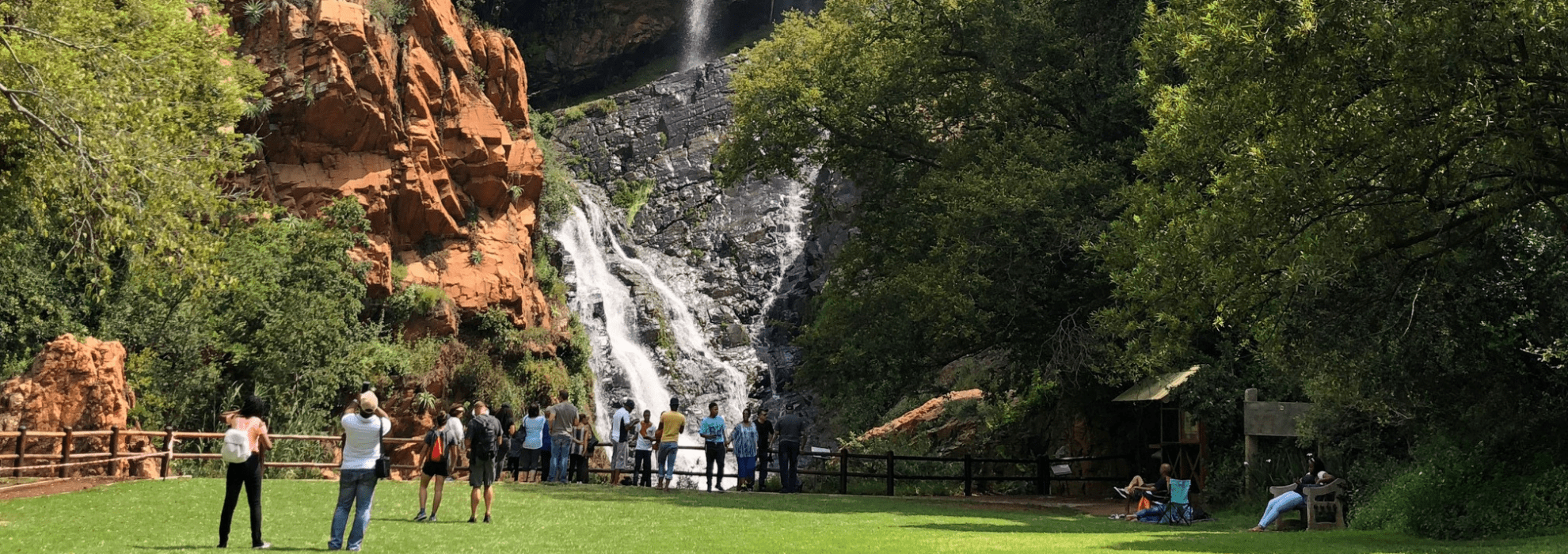Indicators on Johannesburg North Attractions You Need To Know
Indicators on Johannesburg North Attractions You Need To Know
Blog Article
Johannesburg North Attractions Fundamentals Explained
Table of ContentsJohannesburg North Attractions for DummiesJohannesburg North Attractions for BeginnersThe Ultimate Guide To Johannesburg North AttractionsJohannesburg North Attractions for DummiesGetting The Johannesburg North Attractions To WorkLittle Known Questions About Johannesburg North Attractions.Johannesburg North Attractions for Dummies
Nevertheless you ought to keep protection in mind and tourists have to continue to be alert whatsoever times when in unknown surroundings. Speak with the locals when you are in town to learn about the area you are staying in. Johannesburg North attractions. When on the road (this doesn't put on buying malls and various other safe environments) best basic recommendations is to try your best to appear like a neighborhood and to stay clear of showing any kind of type of wide range
Getting My Johannesburg North Attractions To Work
Professor Revil Mason O. J. (Thomson, 1946) checked out the Witwatersrand's pre-colonial background. His historical work took off the 'em pty land' myth, according to which the area was without human habitation prior to the arrival of European inhabitants. In his magazines Prehistory of the Transvaal: A Document of Human Activity (1962) and Beginnings of Black People of Johannesburg and the Southern Western Central Transvaal Advertisement 3501880 (1986 ), Teacher Mason demonstrated the degree of social and economic advancement in the location prior to Europeans established foot here.

Getting My Johannesburg North Attractions To Work
In 1878, David Wardrop found gold in quartz veins at Zwartkop, north of Krugersdorp. In 1881, Stephanus Minnaar came throughout gold on the ranch Kromdraai, near the Cradle of Mankind.
In March 1886, a protrusion (quickly to be called the Key Coral reef) was discovered, quite fortunately, on Gerhardus Oosthuizen's farm Langlaagte. Some claim that the Lancastrian coal miner George Pedestrian uncovered this coral reef. One more itinerant English miner, George Harrison (who had actually previously operated in Australian mines) acquired a prospecting permit in regard of Langlaagte in May 1886.
He determined to go on in a pursuit for greener fields, and disposed of his Langlaagte claim for the princely amount of 10. Alas: underneath lay the richest goldfield ever discovered. The exploration of this abundant auriferous reef prompted a gold rush that indicated completion of agrarian serenity in the southern Transvaal.
It would certainly, within 6 years, end up being the biggest community in southern Africa. Within a decade, it would make the Z. A. R. up until after that an anarchical and websites bankrupt little state the most affluent nation in Africa. By the turn of the century, the Z. A. R. was to surpass Russia, Australia and the USA of America to become the world's leading gold manufacturer, producing greater than a quarter of the globe's gold.
Facts About Johannesburg North Attractions Uncovered
It was referred to as Ferreira's Camp, named after Colonel Ignatius Ferreira. He was a Boer traveler upon whom the British authorities had presented the status of Buddy of the Most Distinguished Order of St Michael and St George (entitling him to the post-nominal letters C. M. G.) in appreciation for his function in the war that had actually deposed the Pedi king Sekhukhune in 1879.
Quickly the camp was including outdoors tents and wagons as beginners got here daily from everywhere. By September 1886, some 400 people lived in Ferreira's Camp, which quickly boasted prefabricated iron and hardwood buildings. Two various other camps were developed: Meyer's Camp on the farm Doornfontein, and Paarl Camp. The latter was nicknamed Afrikander Camp; lots of people from the Cape Nest worked out there.

An Unbiased View of Johannesburg North Attractions
This name got currency by word of mouth, such that the State Assistant attested the name to the Mining Commissioner on 9 October 1886. Stands in the village were auctioned on 8 December 1886. While some stands were cost 10, others were torn down for as little as sixpence.
Two years later, these erven were to alter hands for as high as 750 each. The tented camps decreased as a dorp of corrugated iron structures created and expanded north of the mines located along the Main Reef Roadway. Areas such as Jeppe's Community (where working-class immigrants erected their dwellings) and Doornfontein (where the affluent new 'Randlords' started to construct their luxurious houses) were quickly included in the ever-expanding map of the town.
The 9-Second Trick For Johannesburg North Attractions
Apart from the road names, there were no signs of Johannesburg being positioned in a Dutch-speaking country. Several years later on, C. W. Kearns O. J. (one of the very first young boys enrolled at St John's College in 1898) would certainly remember: 'An odd fact about Johannesburg was that, although it remained in the [Boer Republic], nearly every person talked English and even the Federal government slaves dealt with one in English, unless they were first resolved in the Taal (or Reduced Dutch)'.
Because of you can find out more this, Britain had a passion in guaranteeing optimal conditions for gold manufacturing on the Witwatersrand, which the gold was exported to London instead of Berlin an essential rendered even more clamant by the Z. A. R - visit the website Johannesburg North attractions.'s increasing toenadering with Germany. Mine owners were on a crash course with Head of state Kruger, whose policy of monopolistic concessions (frequently provided to his cronies) prevented mining firms from obtaining supplies of materials (specifically dynamite) and labour by themselves, less expensive terms
The Best Guide To Johannesburg North Attractions
In 1890, the Volksraad had restricted the franchise to white men who had stayed in the Z. A. R. for fourteen years or longer, therefore invalidating the majority of the immigrants (who happened to be the significant factors to the fiscus). Anxiety for the vote was a plain pretext for advertising a various program; many uitlanders concerned themselves as short-lived site visitors and had no intention of staying in the Z.
Report this page